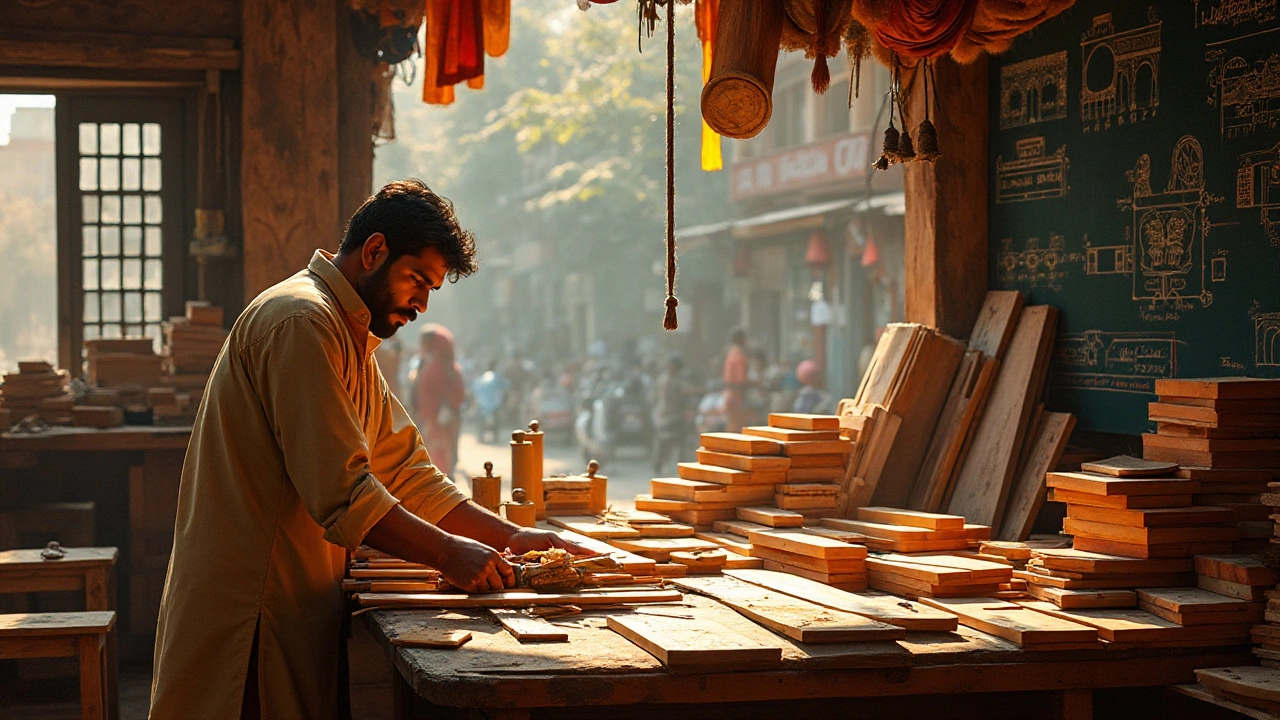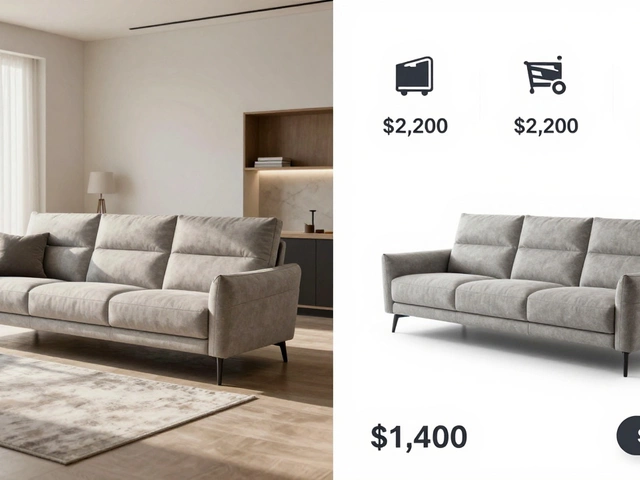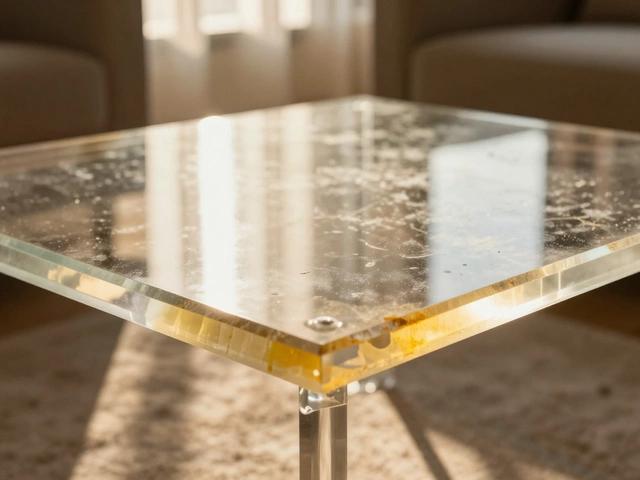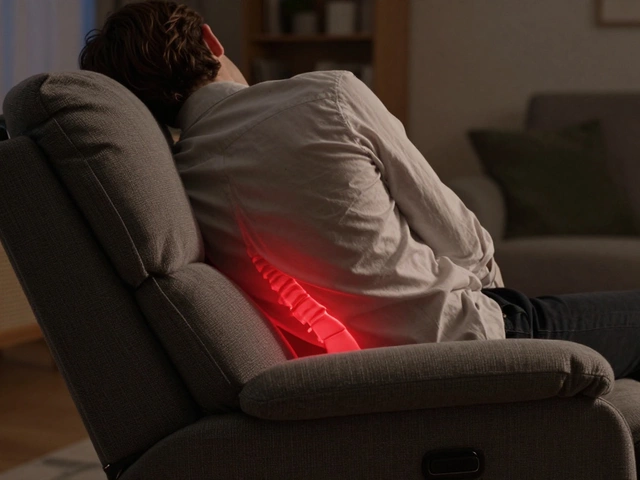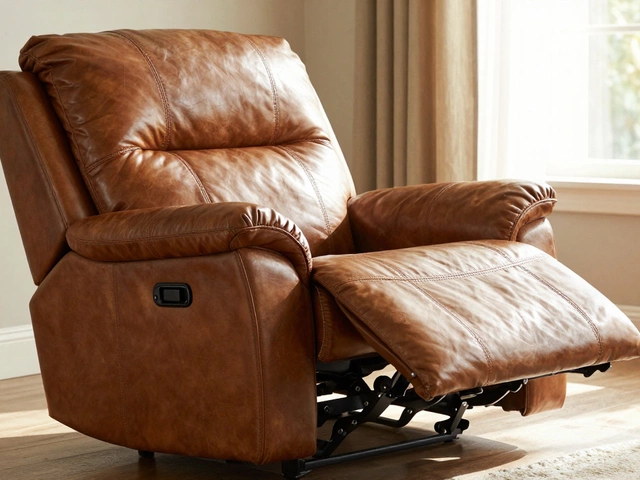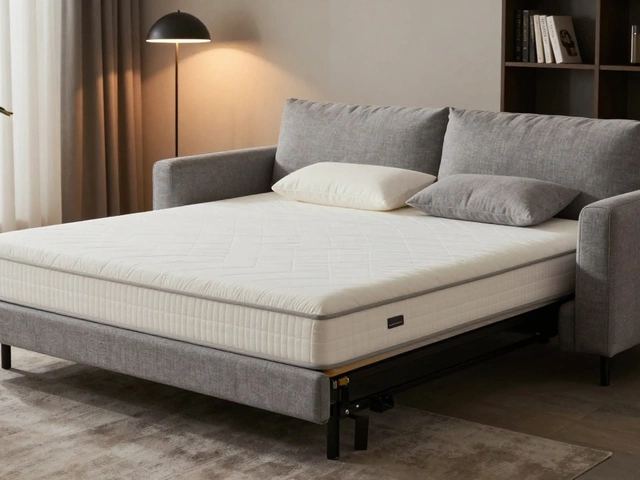Make or Buy Bookshelf: How to Choose the Best Option for Your Space
Standing in front of a wall of empty space, you probably ask yourself: should I build a bookshelf myself or head to the store? The answer depends on a few simple factors – budget, skill level, style cravings, and how fast you need it. Let’s walk through the key points so you can make a confident decision without wasting time or money.
Cost: DIY vs. Store Price Tags
First up, money. A ready‑made bookshelf from a big‑box retailer can run anywhere from $50 for a basic flat‑pack to $500 for a designer piece. A custom‑made unit from a boutique shop often starts around $800. When you build it yourself, the main expenses are lumber, hardware, and tools. A solid pine shelf with simple brackets usually costs $30‑$70, plus a few dollars for screws and finish. If you already own a drill and sandpaper, the DIY route can save you 60‑80% compared to buying.
But watch out for hidden costs. If you need to buy a table saw, a router, or safety gear, those tools add up quickly. Also factor in your time – a weekend spent cutting and assembling is time you could spend doing something else.
Skill and Tools: Do You Have What It Takes?
If you’ve nailed a few simple projects before (think a coffee table or a wall shelf), a basic bookshelf is within reach. You’ll need to measure, cut straight edges, and attach brackets or a frame. Plenty of YouTube tutorials walk you through step‑by‑step, and many free plans are available online.
Feeling shaky about using power tools? A flat‑pack from IKEA or a pre‑finished unit from a local furniture store is a safe bet. You get the look without the risk of splinters or uneven cuts.
Style and Customization: Make It Yours
One big win for DIY is personalization. Want a bookshelf that fits a weird nook, matches a specific wall color, or includes hidden compartments? Building it yourself lets you tweak dimensions, add crown molding, or stain the wood to match your décor.
Store‑bought options can also be customized with paint, new hardware, or added back panels, but you’ll be limited by the product’s shape. If you love the feeling of a perfectly tailored piece, making it is the way to go.
Speed and Convenience: When Time Is Money
Need a bookshelf this weekend? A pre‑assembled or flat‑pack unit arrives ready to go (or takes an hour to bolt together). DIY projects can stretch over a few days, especially if you’re waiting for lumber to dry or for paint to cure.
Consider delivery fees, too. Heavy store‑bought shelves may cost extra to ship, while a DIY project stays at home.
Final Decision Checklist
- Budget: Do you have room for tools or prefer a lower upfront cost?
- Skill: Are you comfortable handling saws, drills, and sanders?
- Timeline: Do you need it now or can you wait a few weekends?
- Design: Do you need a custom size or finish?
- Space: Does the bookshelf need to fit an odd space?
Answering these questions will point you toward the right path. If you’re on a tight budget, have basic tools, and love a hands‑on project, go ahead and make it. If you need speed, lack tools, or want a high‑gloss finish without the hassle, buy a ready‑made shelf.
Either way, a good bookshelf adds storage and style to any room. Pick the route that matches your needs, and you’ll end up with a piece you actually enjoy using.
DIY vs. Store-Bought Bookshelves: A Cost-Effective Guide
Considering whether to make or buy a bookshelf can be a tough decision. This article explores the financial aspects, time investment, and personal satisfaction involved in both building your own and purchasing a ready-made bookshelf. By understanding material costs, labor, and the value of customization, readers can make an informed decision that best suits their needs. The guide also offers practical tips for both DIY enthusiasts and those looking for efficient store-bought options.
